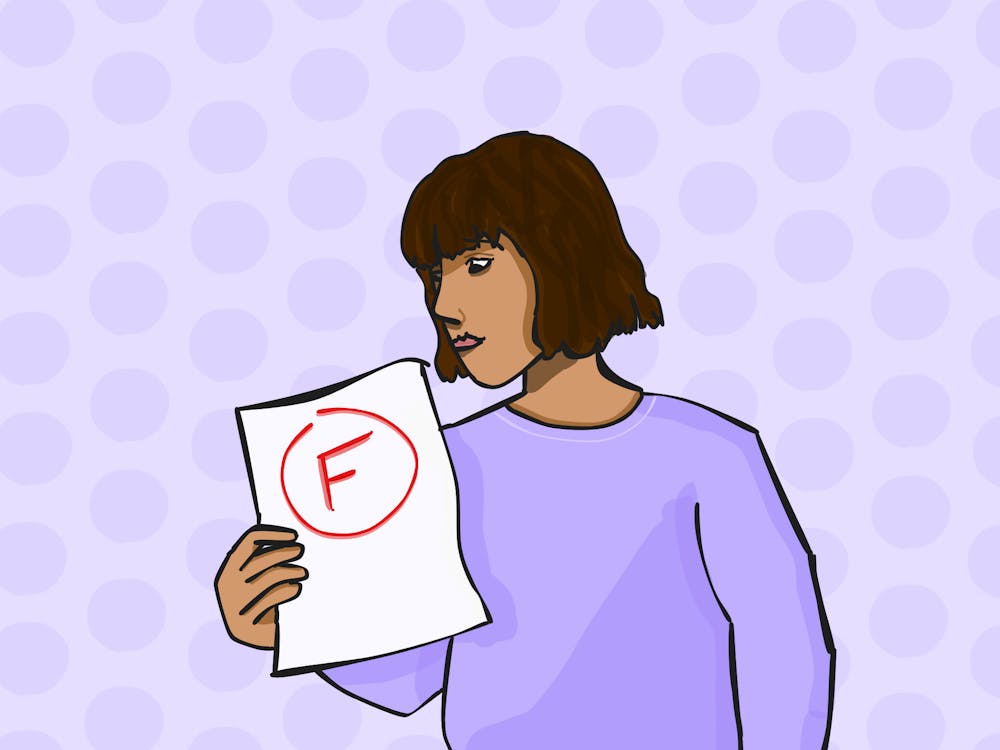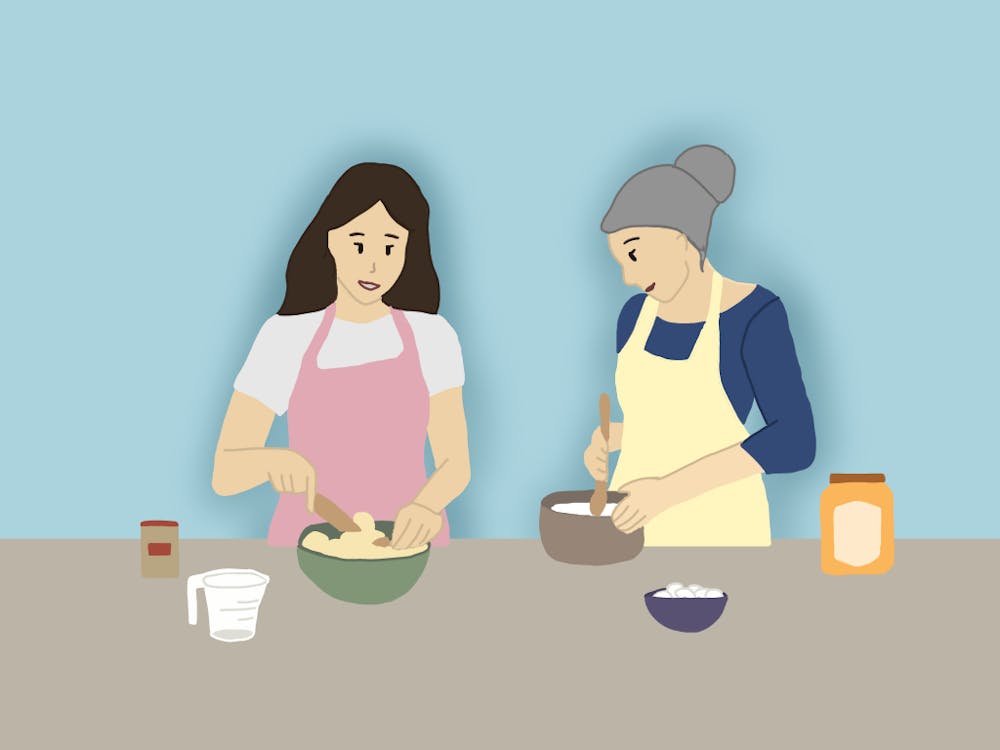Second week of fifth grade, late 1996. New school, new teacher, nervous kid. Art/history assignment entailing creating your own personal sarcophagus. Lots of sentence fragments with subjects but no predicates. The day arrived to turn in our magnum opuses, and it dawned on me that my masterpiece was left at home. All I could turn in was the construction paper backing; the awesome coffin I had designed for myself remained on my bedroom desk. Man, in retrospect, that was kind of a morbid assignment.
Nevertheless, my teacher tried to be sympathetic, despite not accepting late work. My grade was a D-. I may or may not have been close to tears, but it was for certain my first true experience with a lousy grade. Now I'm meandering through what I pray is my final year of organized education, with a fairly confident belief that my grades, as long as they're not abysmal, won't matter for squat in whatever career I pursue. And as my academic motivation wanes, I'm gettin' some B's. Hell, I'm getting a lot of them.
I've gotten B's before, and, coming from an excessively competitive high school environment, I've learned to loathe and be ashamed of them. But what does a "B" really mean? More than one person has used some variation of the phrase "almost good enough" to define it. It really depends, however, on what kind of class you're in. Multiple-choice test B's are much more cut-and-dry and numerically well-defined than those of a literary analysis paper. Moreover, type 'A' and type 'B' personalities tend to have different reactions, understandably enough. I won't throw more letters into this discourse, though. I'm grasping for the true essence, the very essence of this all-too-common grade.
B could stand for "bothersome." Unless you're coming from far below (which is less likely here than at other institutions of higher learning), parents don't tend to be too overjoyed by a B. If you encounter a pretentious person (which is far more likely here than at other institutions of higher learning), the B is not impressive in the least. People only seem proud to have received one if they were, admittedly, completely unprepared for the exam or put no effort whatsoever into the assignment; this is how people justify receiving those wretched little hallmarks of mediocrity and save face. The same goes for employers. People around me interviewing for consulting, bean counting or other office building positions seem to think you won't get hired if you are only, on average, 85 percent or so correct. Perhaps, in these specific situations, that's true, too. But consider efficiency, accuracy, whatever kinds of workplace statistics you want. An 85 is pretty good. And don't get me started on grad schools. It's first semester of senior year in high school all over again, but this time I'm laughing all the way to the bar, being on the outside of the fray for once. In short, no one gives the B much respect.
It might also stand for "baseline." I am an English major, and I'm sure this gives me a skewed impression. Still, this theory ought to apply, at least in part, to all papers where you argue your own thesis in your own words, regardless of how much it's based on the work of others. Grading is subjective; there's no way around it. You can say there are certain standards for how a paper ought to be written -- the language, the style -- but in the end you're not studying the material for the best grade; you're studying what the professor (or in classes where the TA gives you your grade, a graduate student) thinks about the material.
It is always argued that a good, well-thought out piece of work remains a good piece of work regardless of how much the grader disagrees with your viewpoint, but come on. We're all only human, even the people you're paying to judge how much you think like them. Where does the B come in? If I were a grader worried about the objectivity of my judgments, I would say the B is a good place to start. If the work in question is decent but I'm not a huge fan of it (regardless of whether another similarly qualified educator might be), throw a B onto it: not wonderful, but won't totally ruin your day. It says, "You're a good kid, but not quite my type."
So hey, listen. It's looking like, right now, I'm a B student. Maybe you are too, maybe not. In any event, if there's one thing that letter shouldn't stand for: bad.
Erik's column runs biweekly Thursday. He can be reached at silk@cavalierdaily.com.






